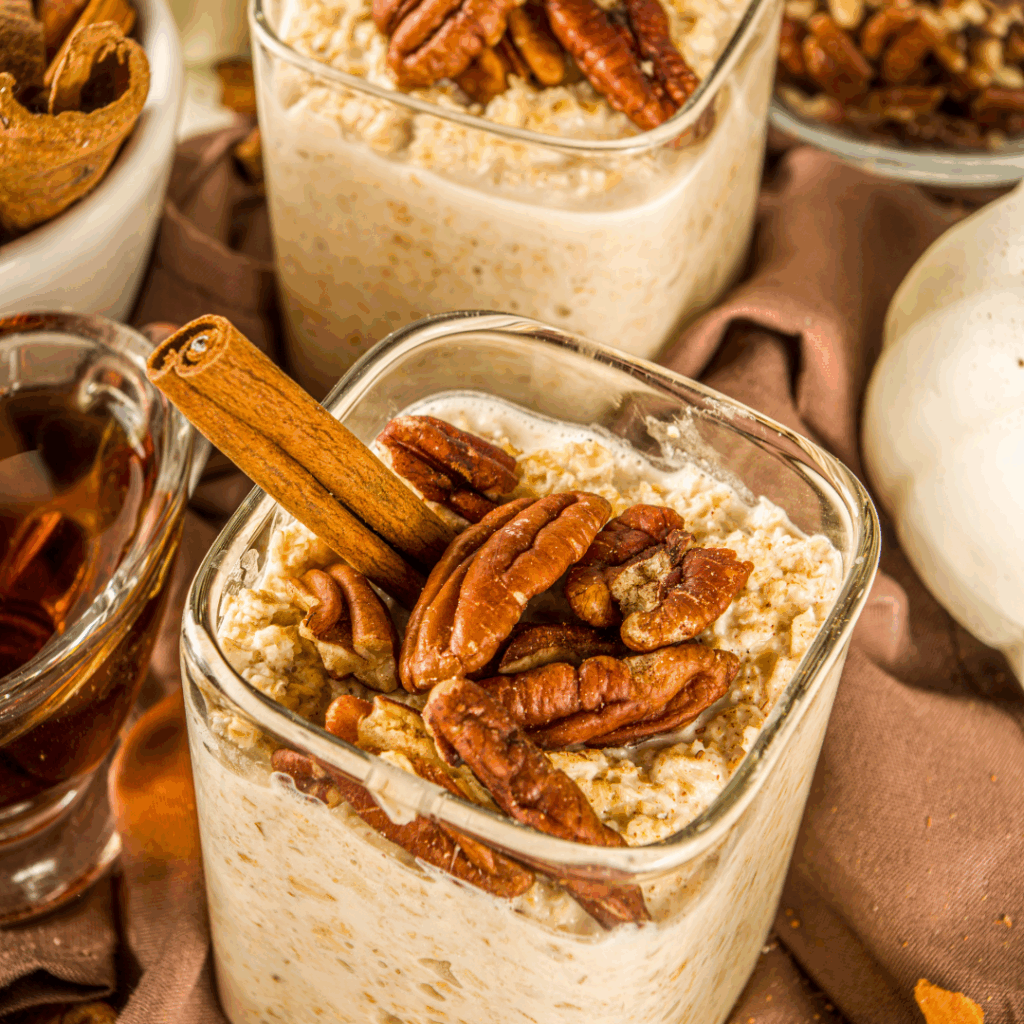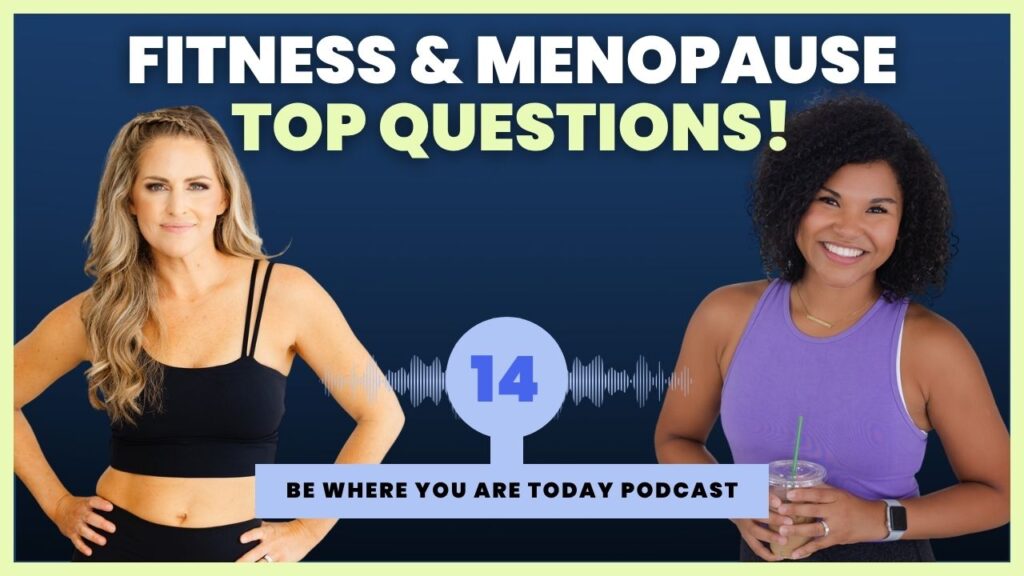We seem to be addicted to everything these days: our smartphones, social media, caffeine, shopping, gambling, video games, investing, tanning, plastic surgeries, tattoos, and, of course, food. It is not uncommon for many people to refer to themselves as a food addict, a “chocoholic,” or a “junk food junkie.” As a dietitian, I have worked with many men and women who have felt addicted to food. And, even inside our BodyFit Athletic Club, several members struggle with feeling out of control when eating ice cream, Oreos, chocolate, potato chips, or french fries. If you’ve ever felt like you cannot bring _________ (insert food of choice here – chocolate, ice cream, chips, cookies, etc.) into your house because the moment you start eating them, you feel like you cannot stop, let me tell you that you are not alone. Your feelings are 100% real, but what lies beneath your experience might or might not be what you think.
DISCLAIMER
The topic of food addictions is highly debatable. In this blog post, we will share both sides of the food addiction debate for informational purposes only. Please know that when we share the “food addiction is not real” debate, we are not explicitly saying that your food addiction is not legitimate. We are only sharing the argument made by experts and researchers. If you feel that you are struggling with a food addiction, please know that we are not trying to invalidate or discount your experiences. Perhaps, you genuinely do have a food addiction, or perhaps, a mindset shift may help you feel less out of control with food.
Food addiction is real – the argument
According to the Food Addiction Institute, food addiction is a disease characterized by a loss of control over the inability to stop eating certain foods. We indeed need food to live, but can we become dependent on certain unhealthy foods in the same way that we can on drugs like heroin? Unfortunately, many experts and researchers seem to think so.
Dr. Ashley Gearhardt, a well-respected clinical psychologist, conducted a study of more than 500 participants. Her research found that certain foods were especially likely to evoke “addictive-like” eating behaviors. She concluded that highly processed foods have unnaturally high concentrations of sugar, salt, and fat, making them more effective in activating the reward center in our brain. Furthermore, dopamine is one of the major neurochemicals released from the brain when someone does drugs. One of the big arguments that food addictions are real is that studies have shown a dopamine response from food similar to the brain’s dopamine response to drugs. Additionally, it is no secret that many processed food manufacturers calculate the “bliss point” of sugar, salt, and fat to get our brains to “light up” and make us feel addicted to their products. Let’s take a packaged cookie as an example. The cookie may need one teaspoon of sugar to taste good, but that teaspoon may not be enough for us to feel that euphoric, addicted feeling that makes us want to go back for more – and then some more. Food manufacturers want us to feel that euphoric, addicted feeling because the more we eat, the more we buy, and therefore, the more money they make. Dirty, right? This practice has led many experts to believe that highly processed foods are engineered to be addictive, and that is why many people struggle with food addiction.
Still, eating an extra four Oreos is not necessarily a clinical food addiction – it’s just a highly palatable food that’s made to taste good. An example of addiction would be eating one or two family-sized packs of Oreos (48 Oreos) in one sitting, to the point where you feel physically ill. Please note that just because you like “bad” or “unhealthy” food, it doesn’t mean that you are addicted to it. Just the other day, I heard a client say that they were addicted to ice cream because they love it during warm summer nights, and they struggle with giving it up. That’s not food addiction. Ice cream is tasty, so it’s not abnormal to love it and want it. If this person was consuming pints of ice cream in one sitting to the point of making themselves ill, that’s more likely to be a food addiction or binge eating disorder. I had a previous client who left a newborn and a toddler at home alone to drive across town for a specific type of donut. Putting the health and safety of others at risk for a particular food would be an example of food addiction. Having an extra scoop of ice cream is not. If you are unsure whether you have a food addiction, Dr. Ashley Gearhardt and her colleagues developed the famous Yale Food Addiction Scale, which is a 25-question survey that is used to determine whether a person shows signs of addictive behavior toward food. If you feel that you are struggling with a legitimate food addiction, please speak with your healthcare provider to discuss treatment options.
Food addiction is not real – the argument
If you have stumbled upon intuitive eating dietitians, anti-diet nutritionists, and/or those who support the health-at-every-size movement, you may have noticed their strong stance against the concept of food addictions. Many experts on this side of the debate argue that food addiction research doesn’t account for the fact that while food might light up the pleasure centers in our brain (like heroin or cocaine), laughing, holding your baby, and listening to music do too. Based on this, experts say that using the “your brain lights up; therefore, you are addicted to food” theory is not valid since humans are not addicted to laughing or holding babies. Some people believe that you can’t be addicted to a substance you need to survive (food). Some argue that while many people feel addicted to sugar, most people wouldn’t eat or go out of their way to consume plain table sugar to get a fix or a hit.
Those who do not believe in the validity of food addictions argue that dieting and food restriction are sure ways to feel addicted to food. If you think about it, most people tend to be “addicted” to foods deemed bad, unhealthy, or off-limits. People tend to be addicted to the foods they want to eat less of. And, when you look at the trends, it appears that those who diet the most (people who try to cut things out regularly) are the most likely to feel addicted to food. Look, most dietitians know that restriction often leads to food preoccupation. The minute we tell ourselves we can’t have something, we tend to want it even more (even if we never wanted the thing in the first place!). For many, just thinking certain foods are off-limits is enough to create a craving. And guess what? A food that is restricted has an exaggerated response in the pleasure center. This means that when you give into the urge and eat the “bad” food, it will not just taste good, but “oh-my-gosh, I cannot stop, this is SO AMAZINGLY and MIND-BLOWINGLY good” kind of good. And that creates the cycle of feeling addicted. The response to you giving into the craving is so exaggerated that you feel out of control. Then, to regain control, you try to restrict the food, which only intensifies the cravings leading you to give into the cravings eventually, and… this is what we call the binge-then-restrict cycle.
Perhaps you’ve heard that forbidden fruit tastes the sweetest, or you’ve experienced how being bad can feel ‘so’ good. There’s something about bending the rules and doing the “forbidden” that can make us experience some form of a high – it can be an exhilarating experience. This side of the debate argues that you don’t have an addiction to food. Instead, it is your attempt at restriction that makes you feel out of control and addicted to foods. If you gave yourself true unconditional permission to eat whatever you want, you would stop feeling addicted. Now, many people are terrified of this concept. It’s scary to give ourselves full permission to eat what we love since we think we will lose control and eat endless amounts of _______ (insert problem food). But, the opposite appears to be true. When you give yourself unconditional permission to eat the foods you try to restrict, you take away the power from them, making you less likely to crave them all the time and overeat them. Interesting, right?
What’s the BodyFit’s dietitian take?
Both sides present solid arguments. My main goal as a dietitian is to meet clients where they are and to make them feel heard and understood. Since both sides show strong evidence, I would never say that someone cannot possibly have a food addiction. However, in my experience working with clients who felt addicted to food, all of them “cured” their food addictions by:
- Healing their relationship with food (stopped labeling foods as “good” and “bad”)
- Eliminating strict food rules and dieting
- Allowing for more flexible eating – adopting an all-foods-fit mentality
- Reincorporating off-limit foods back into normal eating
Based on my background working with hundreds of men and women, I have seen first-hand how an all-or-nothing mentality and a negative mindset around food can get in the way of goals. If you feel addicted to food, I encourage you to explore your attitude towards eating and how you describe and label food. Try challenging your thinking around food and see if that helps. If you find that a mindset shift is not helpful, consider finding a professional specializing in food addictions for additional support and guidance.











Leave a comment
I’ve been thinking about this post a lot, and how to respond. First, thank you for addressing this issue. Second, I’m glad that it’s now recognized that binge-eating disorder is the most prevalent of eating disorders. From many years it was dismissed, with anorexia and bulimia, getting all of the attention. Third, thanks for being clear that you are simply presenting both sides of the argument. But, here’s an opinion from the inside: those professionals who believe food addiction is not real are simply incorrect, and dangerously so. We’re not talking about eating a cheesecake on a bad day. We’re talking about a cheesecake, a pint of ice cream, a bag of chips and a pizza in one sitting. Eating so much food that you pass out, and can’t stand up straight because your stomach is so full. It’s compulsion that you can’t control, and it makes your life hell. To say that simply “healing the relationship with food” will solve the problem is ludicrous. The healing needs to be emotional healing, addressing the issues that caused you to take solace in food in the first place, and created that awful mind/body connection that lies to you and says that eating that food will somehow make you feel better, and finding the tools that help you deal with the compulsion. Exercise helps. A lot. Obviously, not all people who struggle with weight are binge eaters with a food addiction. But for those that are, denying the reality of their situation is not helpful.